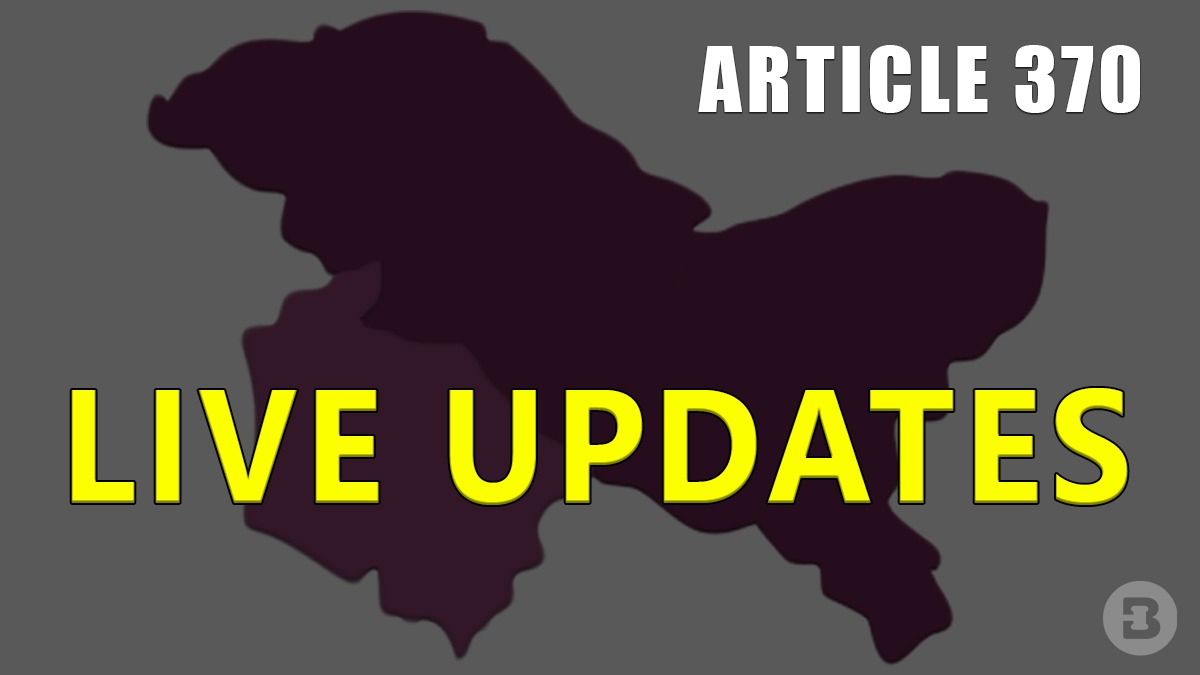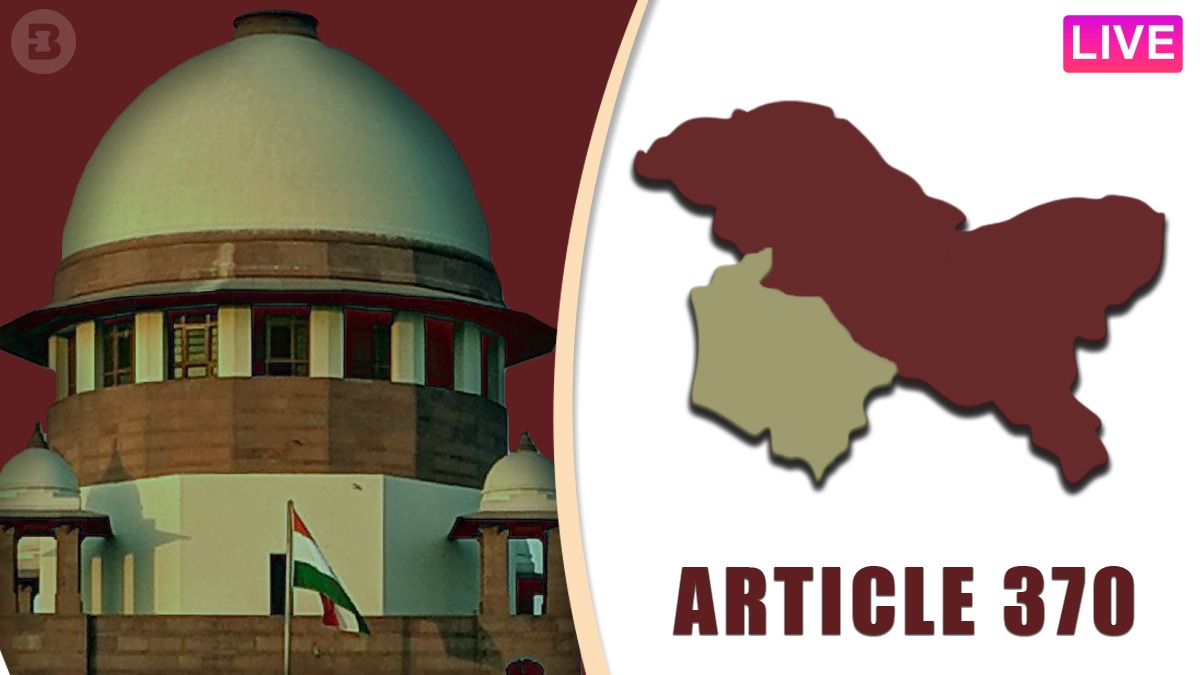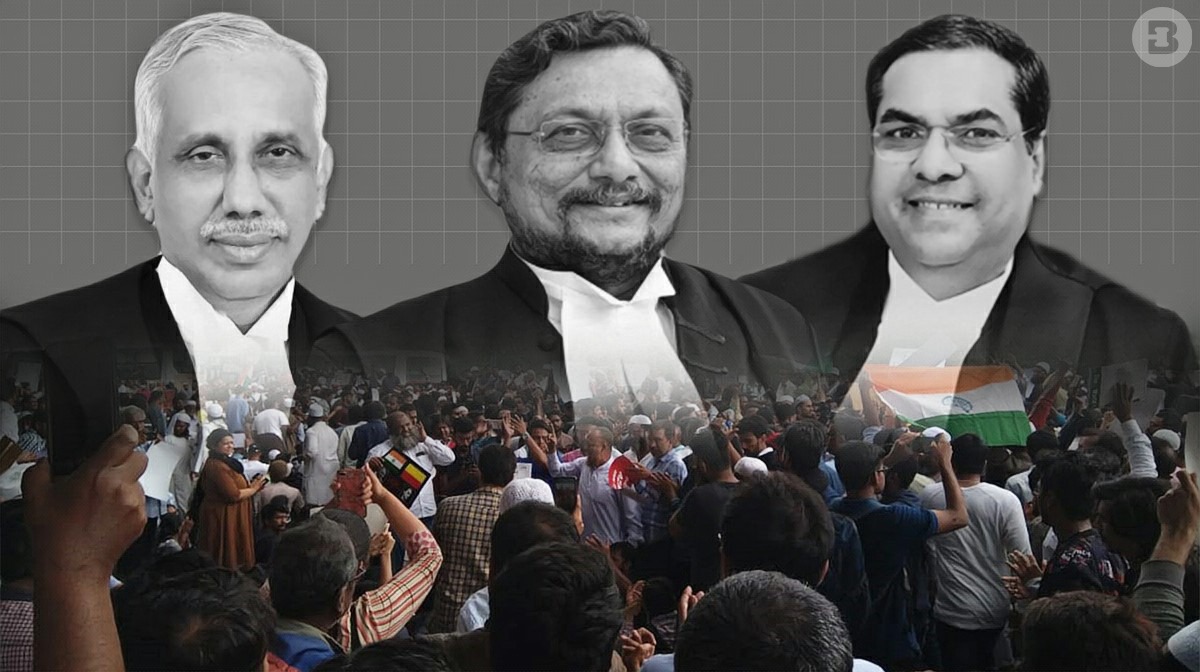#SupremeCourt
#Article370
#Kashmir

#Article370
#SupremeCourt
"If you think that this Bench cannot put quietus to the question then argued on the preliminary issue of reference only, not on the substantive questions involved."
#Article370
Other Petitioner Counsel as well as Attorney General for India opposed to referring the case to a larger Bench.
#Article370
#SupremeCourt
#Article370
#SupremeCourt
#Article370
#SupremeCourt
#Kashmir
#Article370
#SupremeCourt
#Article370
#SupremeCourt
#Article370
#SupremeCourt
#Kashmir
#JammuAndKashmir
#Article370
#SupremeCourt
#Kashmir
#Article370
#SupremeCourt
#Article370
#SupremeCourt
Senior Counsel Dinesh Dwivedi resumes his arguments
#Article370
#SupremeCourt
#Article370
#SupremeCourt
#Kashmir
#Article370
#Kashmir
#SupremeCourt
#SupremeCourt
#Article370
#Article370
#SupremeCourt
#Article370
#SupremeCourt
#Article370
#SupremeCourt
#Article370
#SupremeCourt
#Article370
#SupremeCourt
#Kashmir
#Article370
#SupremeCourt
#Article370
#SupremeCourt
#Article370
#Kashmir
#SupremeCourt
#JammuAndKashmir
#Kashmir
#Article370
#SupremeCourt
Justice Reddy: If not through these Presidential orders, then how could it have been done?
Dwivedi: The answer must be found in the provisions; or take extra Constitutional measures, which they have done
#Article370
#SupremeCourt
#Kashmir
Senior Advocate Sanjay Parekh to begin making his submissions in the issue of reference.
#Article370
#Kashmir
#SupremeCourt
#SupremeCourt
#Kashmir
#SupremeCourt
#Article370
#Kashmir





